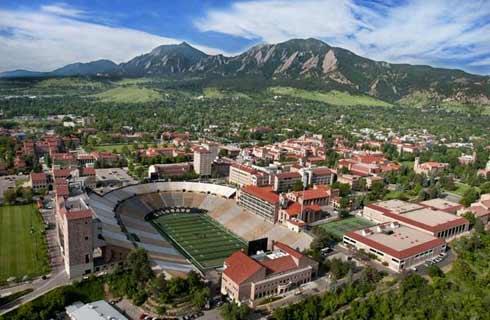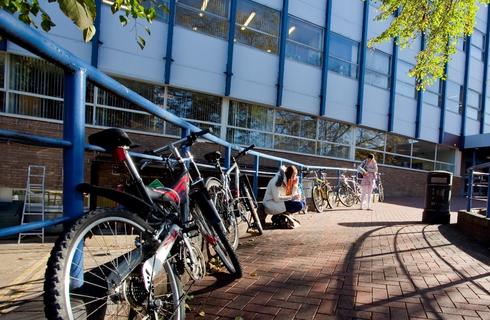MA(SocSci) (Hons) Economics

学历文凭
Undergraduate Masters

专业院系

开学时间

课程时长

课程学费

国际学生入学条件
Standard academic entry requirements: AAB.
Minimum academic entry requirements: BBB.
Other mandatory requirements: One A-level Arts, Humanities or Language subject. Minimum of GCSE Mathematics at Grade B (or Grade 5-6).
INTERNATIONAL BACCALAUREATE
Standard academic entry requirements: 38 points including three HL subjects at 6,6,6
Minimum academic entry requirements: 32 points including three HL subjects at 6,5,5
Other mandatory requirements: HL6 English and a Humanities subject at HL6/SL6. Minimum of SL4 Mathematics or Mathematic Studies.
International English Language Testing System (IELTS) Academic module (not General Training):
IELTS overall score 6.5
no sub-test less than 6.0
or equivalent scores in another recognised qualification (see below)
ibTOEFL*: 90, no sub-test less than: Reading: 20, Listening: 19, Speaking: 19, Writing: 23
IDP—雅思考试联合主办方

雅思考试总分
6.5
- 雅思总分:6.5
- 托福网考总分:90
- 托福笔试总分:160
- 其他语言考试:PTE (Academic) - 60 with minimum 59 in all sub-tests.
CRICOS代码: L150
申请截止日期: 请与IDP联系 以获取详细信息。
课程简介
相关申请
 预科
预科 奖学金
奖学金 实习机会
实习机会 在校学习
在校学习 跨境学习
跨境学习 校园授课-线上开始
校园授课-线上开始 在线/远程学习
在线/远程学习
开学时间&学费
学费信息仅供参考,请与IDP联系以获取详细信息
| 开学时间 | 时长 | 学费 | 地点 |
|---|
本校相关课程

Foundation Certificate for Business and Social Sciences (2 Terms)
学历文凭
Foundation for Undergraduate
开学日期
课程费用总额


Foundation Certificate for Business and Social Sciences (2.5 Terms)
学历文凭
Foundation for Undergraduate
开学日期
课程费用总额


Foundation Certificate for Business and Social Sciences (3 Terms)
学历文凭
Foundation for Undergraduate
开学日期
课程费用总额


Foundation Certificate for Business and Social Sciences (3.5 Terms)
学历文凭
Foundation for Undergraduate
开学日期
课程费用总额


Foundation Certificate for Business and Social Sciences (4 Terms)
学历文凭
Foundation for Undergraduate
开学日期
课程费用总额


Foundation Certificate for Science and Engineering (2 Terms)
学历文凭
Foundation for Undergraduate
开学日期
课程费用总额

其他相关课程

政治,哲学和经济学学士
 乐卓博大学
乐卓博大学泰晤士高等教育世界大学排名:267
学历文凭
Bachelor Degree
开学日期
课程费用总额


商科学士-经济学
 詹姆斯·库克大学
詹姆斯·库克大学泰晤士高等教育世界大学排名:361
学历文凭
Bachelor Degree
开学日期
课程费用总额


经济学硕士(研究)
 乐卓博大学
乐卓博大学泰晤士高等教育世界大学排名:267
学历文凭
Masters Degree (Research)
开学日期
课程费用总额


社会科学学士学位(精算学和经济学荣誉学位)
 澳大利亚国立大学
澳大利亚国立大学学历文凭
Bachelor Degree with Honours
开学日期
课程费用总额


理学学士(高级)(荣誉学位)
 澳大利亚国立大学
澳大利亚国立大学学历文凭
Bachelor Degree with Honours
开学日期
课程费用总额


经济学硕士
 墨尔本大学
墨尔本大学学历文凭
Masters Degree (Coursework)
开学日期
课程费用总额











